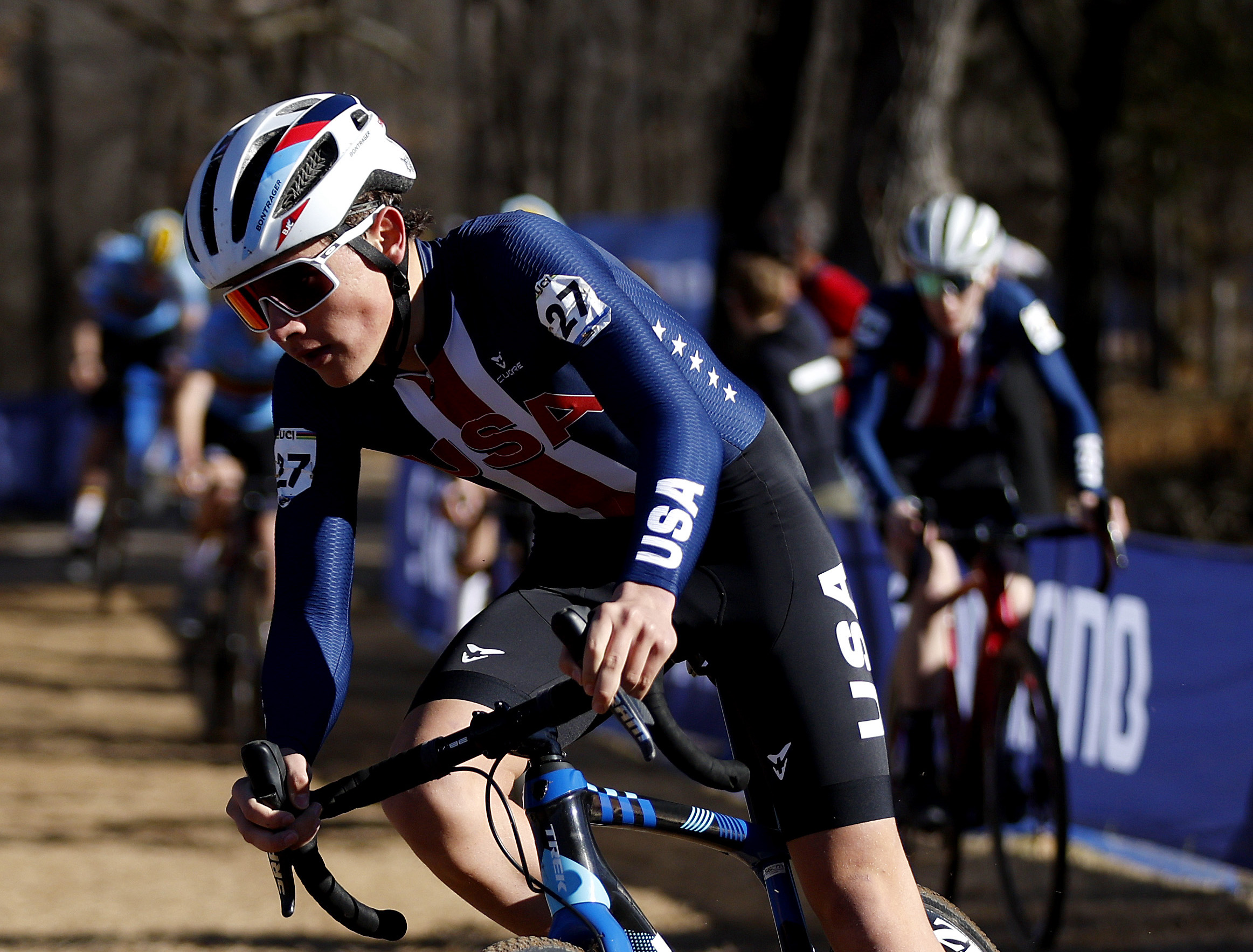
This week US Congressman Joe Neguse, who represents Colorado, introduced the Magnus White Cyclist Safety Act of 2024 (H.R. 10347), legislation designed to protect vulnerable road users, including bicyclists, pedestrians, motorcyclists, road workers in construction zones and many others. The bill calls for the integration of advanced automatic emergency braking (AEB) technology in new vehicles for enhanced safety.
The federal bill was named in honor of 17-year-old Magnus White, a US 17-18 men's junior cyclocross national champion and rising star in mountain biking who was killed in July 2023 when a driver of a car struck him from behind while the teenager was on a training rider near his home in Colorado.
"We can't bring Magnus back. That pain will never go away. This bill isn't just about technology—it's about saving lives when drivers fail," Jill White, mother of Magnus and co-founder of the non-profit organization The White Line, said in a press release.
White had been riding his bike in preparation to compete at the 2023 UCI World Mountain Bike Championships in Glasgow. Five months after his death, the Colorado State Patrol turned over their investigation to the Colorado District Attorney's office and a 23-year-old woman, Yeva Smilianska of Westminster, Colorado, was charged and arrested on charges of felony vehicular homicide.
The trial was set to begin December 16, 2024, a year after the formal charges and arrest, but Colorado Public Radio reported that after a request for continuance was presented on November 7 by prosecutors, "prosecuting and defense attorneys agreed that the trial couldn’t proceed without Trooper Sean McCall’s testimony". The new date for the trial has been moved to March 17, 2025.
The proposed legislation from Neguse specifies that all new vehicles weighing under 10,000 pounds would be required "to include AEB systems capable of detecting and responding to vulnerable road users in various conditions".
In addition to cyclists, the bill identifies 'vulnerable road users' as "all individuals not protected by a vehicle's structure", including pedestrians, motorcyclists, users of e-scooters, e-bikes, and skateboards; people using wheelchairs; road workers in construction zones; and people operating farming equipment.
This bill tasks the US Department of Transportation to develop rules for AEB implementation within three years once the bill is passed, and automakers would need to comply across two model years. Starting in 2029, vehicle manufacturers must make every car with AEB, according to a new safety rule passed in April this year by the USDOT's National Highway Traffic Safety Administration.
“I am deeply inspired by Jill and Michael’s continued courage and advocacy, turning their pain into purpose and honoring Magnus’s memory by helping to make our roads safer for everyone. The Magnus White Cyclist Safety Act implements common-sense solutions that prevent tragedies and ultimately save lives,” said Assistant Leader Neguse, quoted in the press release from The White Line.







